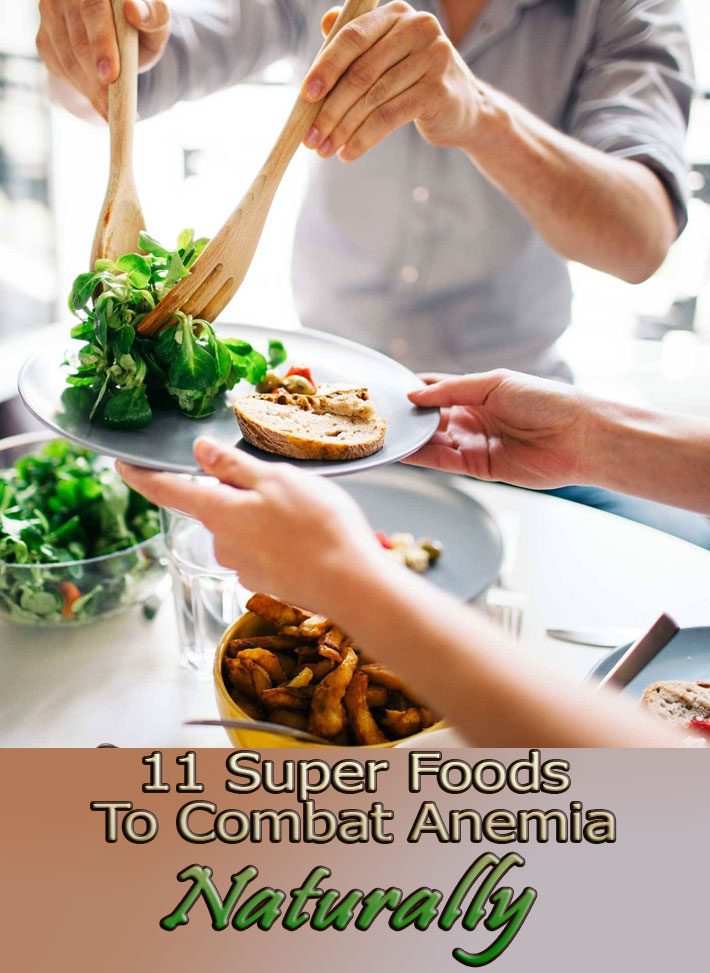
Anaemia is a common blood disorder generally related to insufficient iron, vitamin B12, or folic acid, all of which are required to make hemoglobin. One of the main functions of hemoglobin is to carry oxygen to tissues and anemia results in decreased oxygen carrying capacity of blood. Anemia can be caused by blood loss, which means that not enough red cells are being produce, or that too many red cells are being killed off.
Signs and Symptoms of Being Anaemic
-Shortness of breath
-Chest pain
-Cold hands and feet
-Pale and dull skin
-Light-headedness
-Headache
-Dizzy spells
-Palpitation
-Altered taste
-Brittle nails
-Low blood pressure
-Memory loss
-Depression
Beetroot
Beetroot is known to be very effective in fighting anemia. It is a vegetable that is filled with iron content. It will help in repairing and reactivating your red blood cells. Once the red blood cells are activated, the supply of oxygen to all parts of the body increases. Adding beet-root in any form in your daily diet will help to easily fight anemia.
Tomatoes
Vitamin C is the main ingredient in tomatoes along with lycopene. The Vitamin C in tomatoes helps in easy absorption of iron. Tomatoes are also rich in beta carotene and Vitamins E and hence help in natural conditioning of the hair and skin.
Spinach
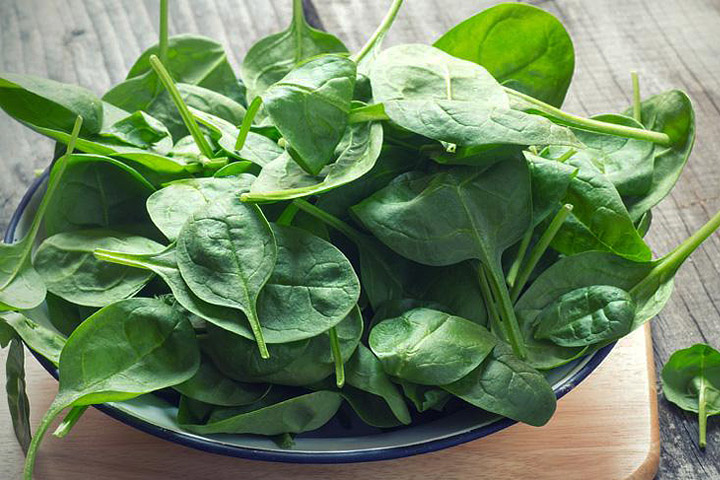
Spinach is also a wonderful, plant-based treatment for anemia. Spinach is particularly useful as it is rich in both iron and the Vitamin C which makes that iron easier to assimilate. It also has the added general health benefits of being rich in Vitamins A, B, C and E, minerals like calcium and antioxidants like beta-carotene.
Red Meat
Red meat, such as beef and pork, contains a high amount of heme iron, which is easier for the body to absorb than plant-based non-heme iron. Liver is the best option to boost your blood with iron and B vitamins.
Parsley
Parsley is very high on iron and folic acid. A 100 g of parsley contains 5.5 mg of iron which means half a cup of fresh parsley or 1 tablespoon of this dried herb can meet 10% of your body’s daily requirement of iron! Not only this, its vitamin C helps your body to absorb iron well.
Seafood
Seafood is well known for its high content of iron. Doctors suggested that anemics should eat more of fatty fishes such as salmon and tuna and shellfishes like mussels and oysters. This will increase the efficiency of cell repair process. It also reduces symptoms such as coldness, dizziness and tiredness.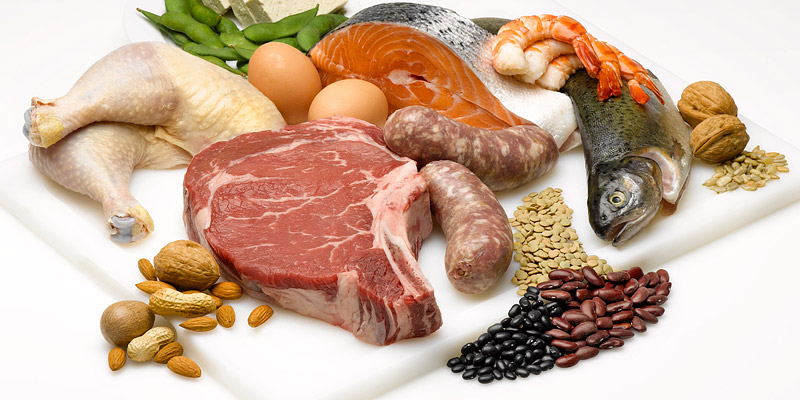
Pomegranates
Pomegranates contain vitamin C, iron, vitamins A and E, as well as fiber and potassium. You can maintain healthy blood flow in the body by eating pomegranates in any form, including juice. Pomegranates supply iron to your blood and thus help reduce anemic symptoms including exhaustion, dizziness, weakness and hearing loss.
Nuts
Nuts are a great source of iron and will help you to easily boost the iron levels in your body. It helps you immensely to gain iron levels in your body even when you are on the move.
Peanut butter
Peanut butter to fight anemia, who would have ever thought? Eat two tablespoons of peanut butter daily and watch the magic happen yourself. If you are not fond of the way it tastes, you can substitute it with a handful of roasted peanuts. Besides, it tastes good too.
Dates
Dates are a good source of dietary fiber and antioxidants; they are also rich in vitamin B complex, vitamin C and an excellent source of iron. This makes them an effective remedy for anaemia.
Fenugreek
The leaves of fenugreek help in blood formation, cooked leaves can be taken to prevent anemia. Also the fat soluble chlorophyll molecule is similar to the hemoglobin molecule and is efficiently absorbed from the gastrointestinal tract providing all the structural elements for hemoglobin.

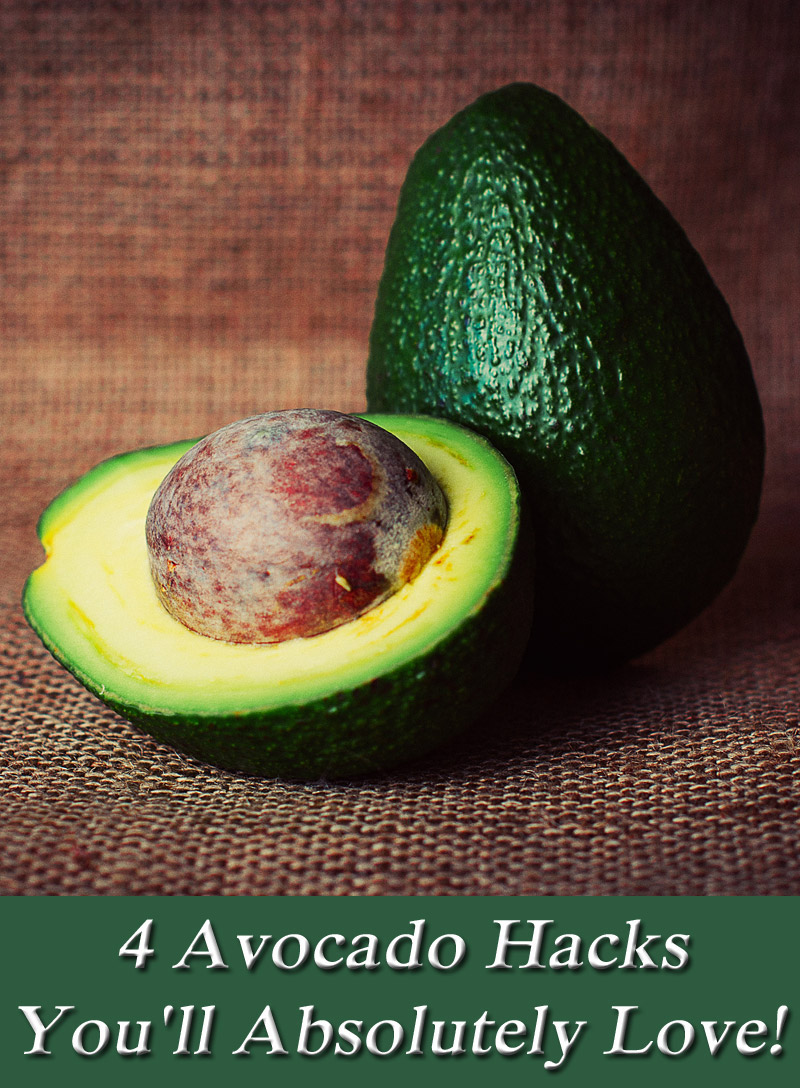
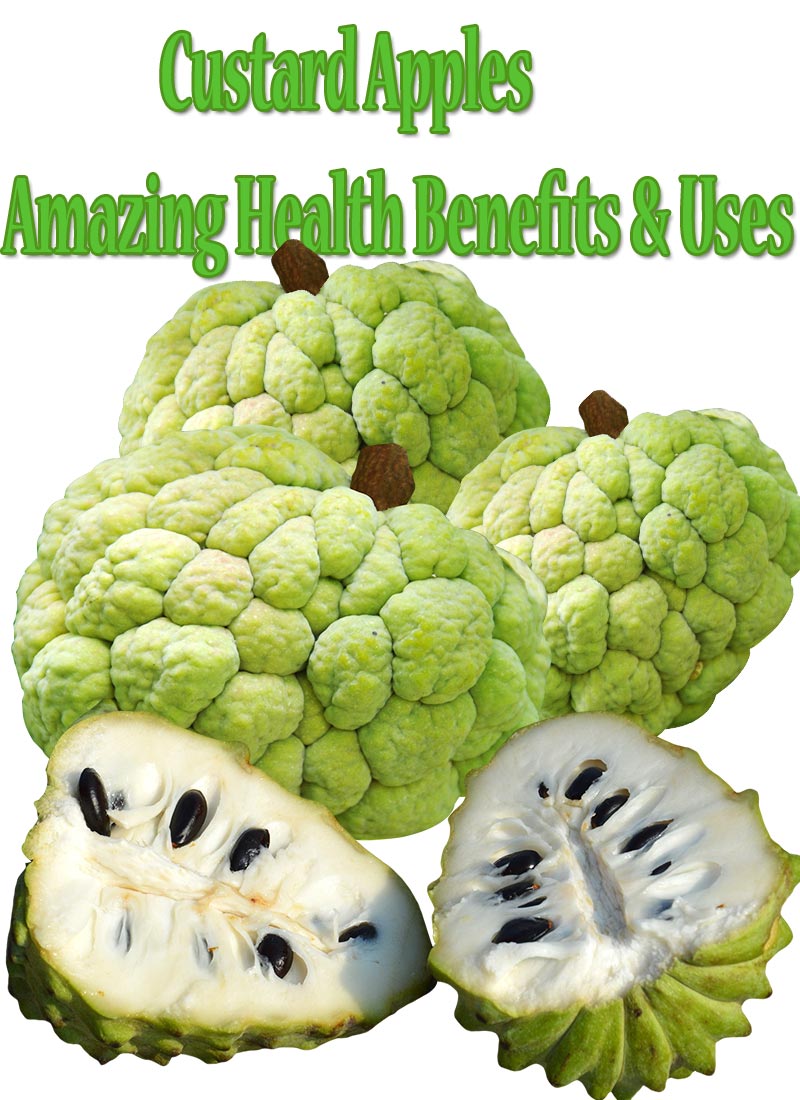
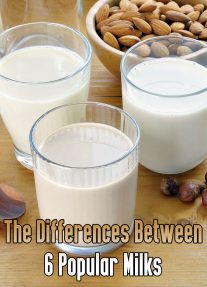
Leave a Reply